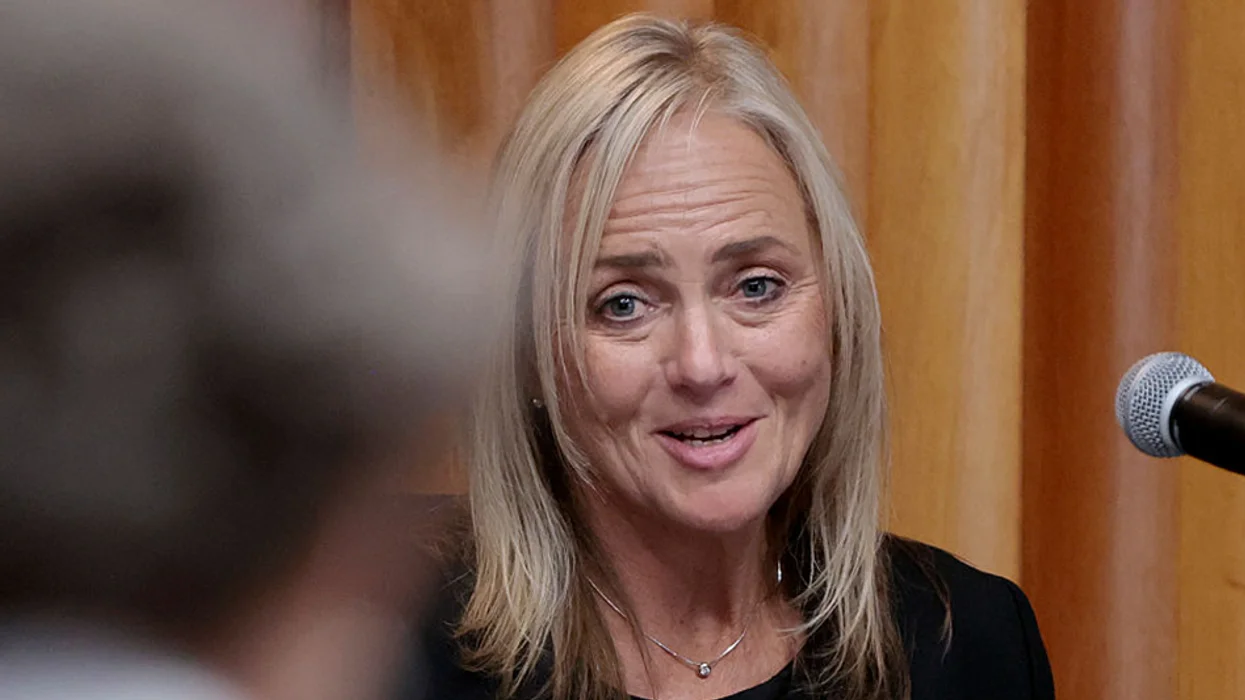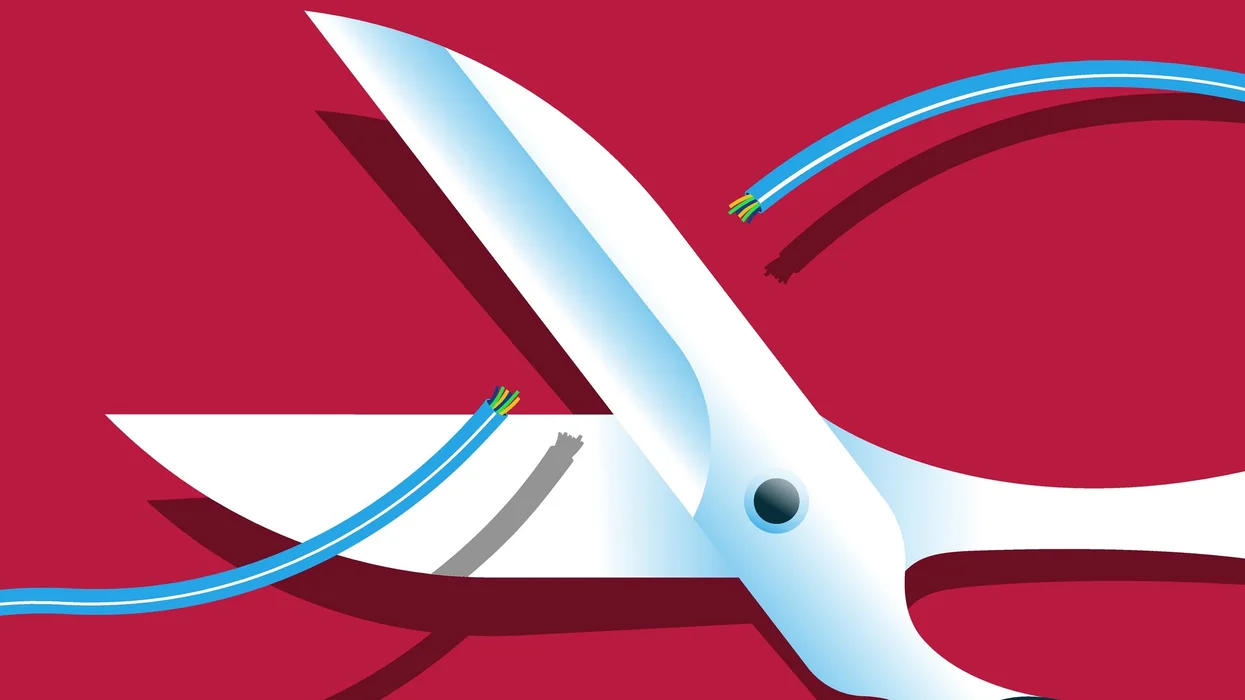
© 2025 Blaze Media LLC. All rights reserved.
Wake Up Call? EU Countries Realizing Energy Subsidies Are a Drain on the Economy
April 04, 2012
“Subsidies will be cut by as much as 29 percent starting April 1..."
As a means of addressing its severely struggling economy, Spain eliminated subsidies to the “green” energy industry this year, The Heritage Foundation reported in February.
And now Germany is following suit.
“Germany’s parliament approved record cuts in aid for solar power, aiming to reduce the annual pace of installations by half in the world’s biggest market for the industry,” Bloomberg reports.
“Subsidies will be cut by as much as 29 percent starting April 1, depending on the size of the solar plant, according to the legislation posted on the parliament’s website."
"The measure passed by 305 votes to 235 on the strength of Chancellor Angela Merkel’s coalition majority,” the report adds.
Of course, as Heritage’s Romina Boccia (a native of Germany) points out, Germany is just about the worst place to experiment with solar energy.
“The country is well known for its gloomy skies," Boccia writes.
"This past August, I found myself vacationing in my home country under grey and overcast conditions, driving past endless acres of ground-mounted solar panels and thousands of solar-covered roofs that were waiting for a dose of sunshine to create energy."
“The irony couldn’t be greater that the world’s largest solar power station is in Bavaria, Germany. After all, even the anthem of Germany’s Free State of Bavaria acknowledges that its skies are covered in clouds, ‘[the] sky, white and blue!’”
To put it plainly, to invest heavily in solar power in Germany is about as silly as moving to England to get away from the rain.
“Let’s go to Seathwaiteto work on our tans!” said no one in the history of ever.
Yet, Germany moved forward at a breakneck pace to subsidize the “green” energy industry – all at the taxpayers' expense, of course.
“Using the government’s generous subsidies, Germans installed 7.5 gigawatts of photovoltaic capacity last year, more than double what the government had deemed ‘acceptable,’” Bjørn Lomborg writes for Slate. “It is estimated that this increase alone will lead to a $260 hike in the average consumer’s annual power bill.”
And like every other country that has invested mountains of taxpayer dollars in “green” energy initiatives, Germany is finding out the hard way that government subsidized companies don’t stay in business for very long.
“Even prior to the announcement that subsidies would be cut sharply, Germany’s solar industry was already struggling,” Boccia writes.
“Following its three competitors—Solarhybrid, Solar Millennium, and Solon—who declared bankruptcy in past months, Q-Cells, once the world’s biggest solar cell manufacturer, filed for insolvency today. More bankruptcies are on the horizon, according to a Citigroup analyst,” Boccia adds.
It would appear that the idea of governments picking winners and losers in the markets is a practice doomed from the start.
Why?
“Lavish government subsidies in China, the U.S., and Europe have swamped markets with solar panels, resulting in overcapacity and many solar manufacturers going out of business,” Boccia explains.
“Subsidies and mandates also encourage crony capitalism, as companies lobby lawmakers for favors and handouts. In the end, taxpayers and electricity ratepayers are on the hook to pay for the government’s meddling in energy markets—through increased taxes today or in the future, and through higher energy costs.”
That is to say, if the U.S. is truly concerned with developing alternative sources of energy, the best way to do this would be to remove detrimental government regulations and let the markets grow. Obviously, blindly throwing other people’s money at fledgling projects hasn't worked out so well.
“Only then will energy sources compete on their own merits, unleashed from government restraint and freed from government intervention,” Boccia concludes.
Want to leave a tip?
We answer to you. Help keep our content free of advertisers and big tech censorship by leaving a tip today.
Want to join the conversation?
Already a subscriber?
more stories
Sign up for the Blaze newsletter
By signing up, you agree to our Privacy Policy and Terms of Use, and agree to receive content that may sometimes include advertisements. You may opt out at any time.
Related Content
© 2025 Blaze Media LLC. All rights reserved.
Get the stories that matter most delivered directly to your inbox.
By signing up, you agree to our Privacy Policy and Terms of Use, and agree to receive content that may sometimes include advertisements. You may opt out at any time.





